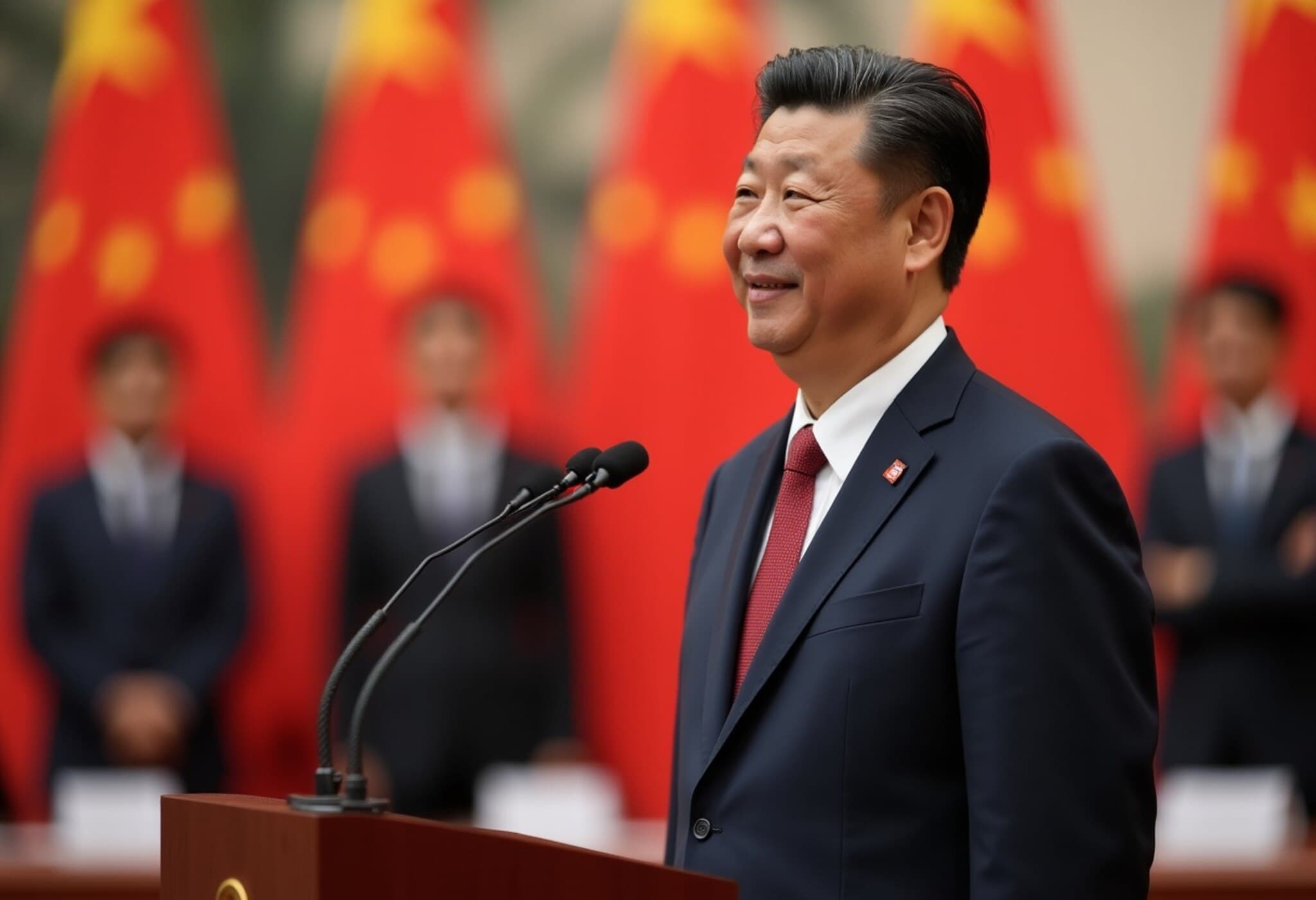Chinese University Expels Student Over Relationship with Foreigner, Provoking Public Backlash
In a move that has ignited widespread debate, Dalian Polytechnic University in China announced it will expel a female student within 60 days for violating regulations related to "improper interactions with foreigners that damage national dignity." This decision, revealed in a statement released last week, has fueled passionate discussions across Chinese social media platforms about personal privacy, institutional authority, and gender discrimination.
Official Statement and Public Reaction
The university's announcement referenced an incident dated December 16, 2024, describing the student's "misbehaviours" as causing a "terrible negative impact", though it stopped short of providing concrete details. Furthermore, the institution publicly disclosed the student's identity, a move criticized as potentially violating China's Personal Information Protection Law. State-run media outlet The Paper condemned the publication of her full name, arguing such exposure "is inappropriate" and amounts to unwarranted intrusion into private affairs.
Across social platforms like Xiaohongshu and Douyin (China’s TikTok equivalent), netizens sharply questioned the university's right to politicize an individual's personal relationships. Many called out the decision as a stark example of controlling women's autonomy, likening it to "Taliban-style" gender oppression—where societal groups assert ownership over women’s bodies and choices. Others highlighted blatant misogyny and unequal treatment embedded within the disciplinary action.
The Background: Relationship Tied to International Gamer
Internet sleuthing connected the student to Danylo Teslenko, aka Zeus, a professional Ukrainian esports gamer. An unverified video has circulated showing a young Asian woman and Teslenko engaging intimately at a hotel, linked to the Perfect World Shanghai Major esports event held in December 2024. Teslenko publicly addressed the situation on X (formerly Twitter), stating he shared some videos with the woman after meeting her in Shanghai but deleted them promptly after recognizing their sensitive nature.
"Our faces were visible, but there was no explicit content or disrespect," Teslenko wrote. "I never said Chinese girls are easy."
Wider Context: Nationalism, Privacy, and Gender Rights
This incident unfolds against a complex backdrop of rising nationalism and heightened scrutiny of foreign relations in China. Universities and other institutions increasingly police personal conduct in the name of safeguarding national dignity—a concept that critics argue is often used to justify invasive control over private lives, especially those of women.
Experts point out that such disciplinary measures raise significant concerns about individual privacy rights and the scope of institutional authority. Furthermore, they signal persistent gender biases, where women's choices are disproportionately subjected to public and legal censure compared to men in similar situations.
Legal analysts also question whether publicly naming the student contravenes protections under Chinese personal data and privacy laws, making the case for stronger enforcement and reforms in institutional policies.
Official Responses and Unanswered Questions
Attempts by international media to seek comment from Dalian Polytechnic University have so far gone unanswered. The silence adds to speculation and fuels concerns over transparency and fairness in university governance.
This case invites reflection on multiple levels: How do educational institutions balance cultural values with individual freedoms? To what extent should a personal relationship be construed as a threat to national identity? And critically, how can privacy and gender equality be better protected amid evolving social norms and legal frameworks?
Editor's Note
The expulsion of a student over a personal relationship with a foreign individual spotlights the tension between nationalistic policies and human rights. The controversy raises deeply important questions about the autonomy of young people, especially women, under institutional scrutiny. As China navigates its societal values and legal structures, it becomes imperative to ensure that privacy and gender equity are upheld rather than sacrificed in the name of national dignity. For policymakers and observers alike, this case underscores the urgent need for clearer guidelines that respect personal freedoms while maintaining cultural respect.



















